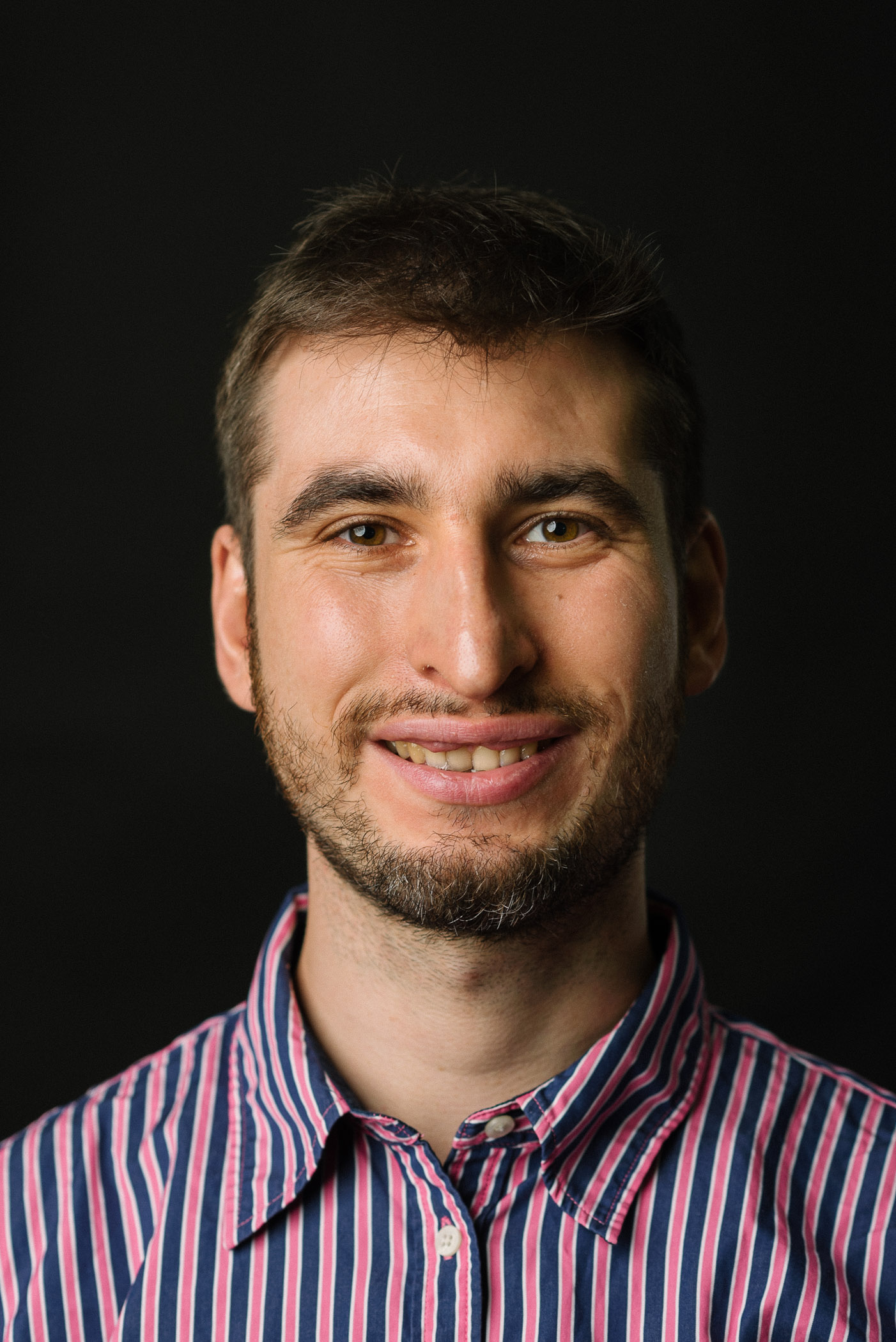The dual meaning of movement coordination in interpersonal interactions
IMC Tuesday Seminar: Talk by Julian Zubek, Human Interactivity and Language Lab, Faculty of Psychology, University of Warsaw
Info about event
Time
Location
Jens Chr. Skous Vej 4, 8000 Aarhus C, building 1483, room 312 and online (https://aarhusuniversity.zoom.us/my/imcevent)

Abstract
In this talk I want to discuss the dual meaning of movement coordination occurring in interpersonal interactions. First, movement coordination patterns become part of a context in which the interaction takes place and may help to scaffold it. Second, coordinated movement is a sign of the dynamics of the ongoing interaction. These two processes – movement scaffolding interaction and movement being shaped in interaction – occur simultaneously and are an example of circular causality. To illustrate this point I will bring examples from three different studies. In the first study we compared movement coordination in face-to-face conversations and those occurring remotely using a video conferencing software. With the change of medium coordination patterns were radically altered, which possibly made the interaction more difficult to maintain. The second study concerned movement coordination in dyads engaged in a joint action task in which they had to recognise complex stimuli (samples of red wine). In natural interactions there was no significant relation between coordination and dyad performance, but when the interaction became structured through the introduction of external cultural artifact (a Sommelier card) movement coordination became a predictor of task performance. In the third study we investigated the dynamics of interactions in parent-child dyads and children's social development. We found that a large portion of individual differences in social-cognitive skills can be explained through observed patterns of movement coordination, interpreted both as a scaffolding for skill development and a manifestation of already attained skills.
About the speaker
I am a member of Human Interactivity and Language Lab, Faculty of Psychology, University of Warsaw. My background is in computer science and machine learning (MEng – Warsaw University of Technology, 2012, PhD – Institute of Computer Science, Polish Academy of Sciences, 2017), but I was always drawn towards social sciences. I work with computational models and data analysis techniques inspired by dynamical systems approach. My research interests include emergence of communication, study of unstructured interactions, interpersonal movement coordination.
